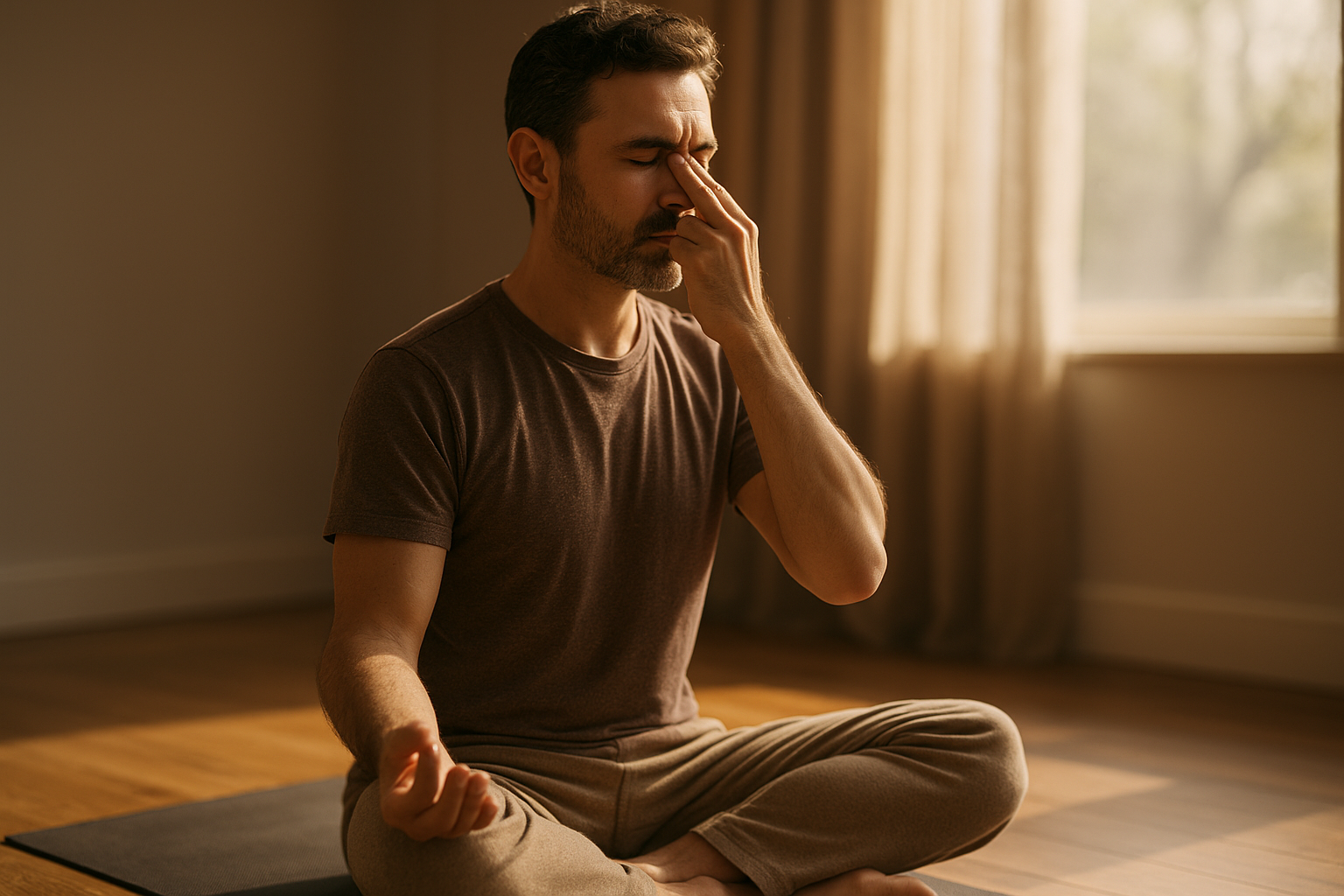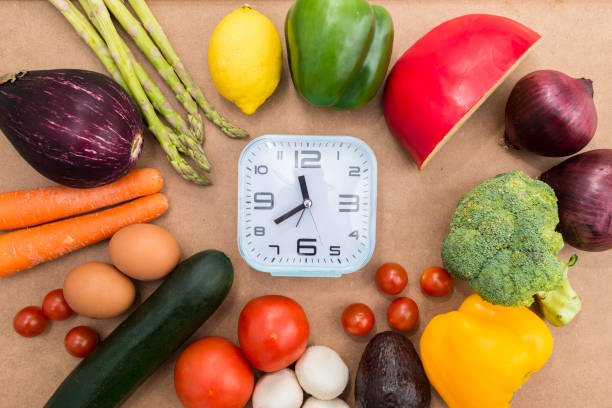Community practices to strengthen social connection
Healthy social connection grows from shared routines, mutual support, and small daily practices that bring people together. This article outlines community-based habits and actionable methods that help reduce stress, support sleep and recovery, and build resilience through mindfulness, movement, and consistent selfcare.

Healthy communities often rely on everyday practices that create reliable opportunities for people to meet, share, and support one another. The routines and rituals a community adopts—group walks, shared meals, or short mindfulness sessions—can reduce stress and loneliness while supporting better sleep, nutrition, and recovery. Below is a practical guide to community practices that strengthen social connection with attention to mindset, habits, and sustainable selfcare.
This article is for informational purposes only and should not be considered medical advice. Please consult a qualified healthcare professional for personalized guidance and treatment.
Mindfulness and meditation practices
Small, regular mindfulness activities work well in groups because they are inclusive and easy to learn. Community meditation sessions, brief guided breathing breaks during meetings, or a weekly mindfulness meetup can provide a shared anchor that lowers stress and supports a calmer mindset. These practices also encourage consistent habits: when people plan a short meditation together, attendance becomes part of a routine that reinforces social bonds and mutual accountability.
Managing stress and recovery
Social connection directly influences how people cope with stress and pursue recovery. Group-based stress-management workshops or peer-led support circles help normalize challenges and exchange practical strategies—such as paced breathing techniques or short movement breaks—that aid recovery. When communities normalize conversations about stress and rest, members are more likely to adopt selfcare habits that improve sleep quality and emotional resilience.
Sleep, hydration, and nutrition
Community rituals around food and rest can improve overall wellbeing. Shared cooking nights, potlucks with emphasis on balanced nutrition, or community education on hydration and sleep hygiene create environments that make healthier choices easier. These activities help spread practical knowledge—like simple meal planning, the role of hydration in energy and recovery, and sleep routines—so members learn sustainable habits together rather than in isolation.
Movement, routine, and habits
Collective movement builds both fitness and connection. Organizing regular walks, gentle group stretches, or activity clubs encourages consistent movement and establishes predictable routines. When exercise is framed as a shared habit—rather than an individual obligation—people report higher adherence. Routine group events also provide low-pressure opportunities to meet new people and strengthen existing relationships while supporting physical recovery and stress reduction.
Breathing and mindset for resilience
Simple breathing exercises practiced in groups can quickly shift mood and reduce physiological stress responses. Introducing short breathing breaks at community gatherings or before collaborative tasks helps members enter activities with a clearer mindset. Pairing breathing exercises with brief discussions about resilience cultivates a shared vocabulary for coping and reframing challenges, which in turn supports collective emotional robustness.
Building connection through community selfcare
Selfcare can be communal: shared routines like morning check-ins, neighborhood care networks, or skill-sharing sessions (cooking, sleep routines, hydration tips) make individual wellbeing a group project. Creating volunteer roles for check-ins or recovery support ensures that care becomes an ongoing community resource. These practices promote inclusive habits and encourage members to maintain wellbeing practices such as regular sleep schedules, mindful eating, and consistent movement.
Conclusion Community practices that integrate mindfulness, movement, good nutrition, adequate hydration, and routines for sleep and recovery contribute to stronger social ties and greater resilience. By making small, repeatable habits part of collective life—short meditations, group walks, shared meals, or breathing breaks—communities provide reliable frameworks that lower stress and encourage selfcare. Over time, these shared practices support healthier mindsets and deeper connection among members without requiring complex interventions or large budgets.






